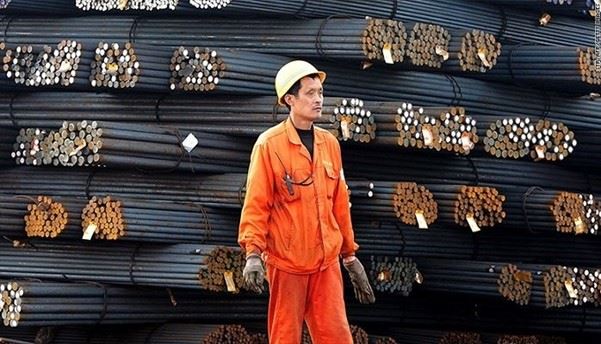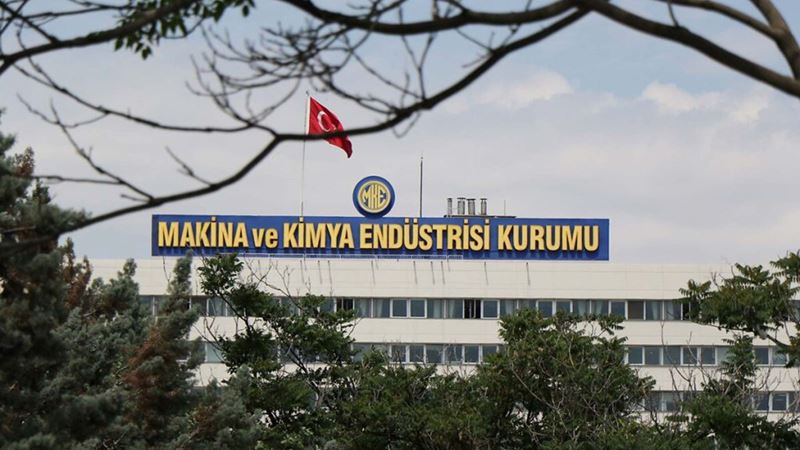Mexico, in particular, has been used as an intermediary by China to redirect steel products to the United States and Canada, avoiding high tariffs. Mexico has responded by imposing tariffs of up to 50% on steel products, while Chile and Brazil have also increased their customs duties similarly. These measures aim to protect the local steel sector but jeopardize the livelihoods of thousands of workers in Latin America.
According to data from the Latin American Steel Association (Alacero), the region imported a record amount of steel from China last year, creating intense competition for local producers. Local steel manufacturers are struggling against China's dumping policies, which lead to prices being 40% lower than locally produced steel.
China's impact in Latin America extends beyond the steel sector. Especially in Nicaragua, small and medium-sized enterprises are facing tough times due to China's use of free trade agreements to import large quantities of products duty-free. As local businesses in Nicaragua see their sales plummet, criticism grows over agreements benefiting only a select few Chinese companies and local authorities.
These developments in Latin America are profoundly affecting economic balances in the region, prompting countries to consider strategic policy changes. China's economic prowess and strategic maneuvers continue to deeply influence trade relations in the region, potentially exerting long-term effects on local economies.









Comments
No comment yet.